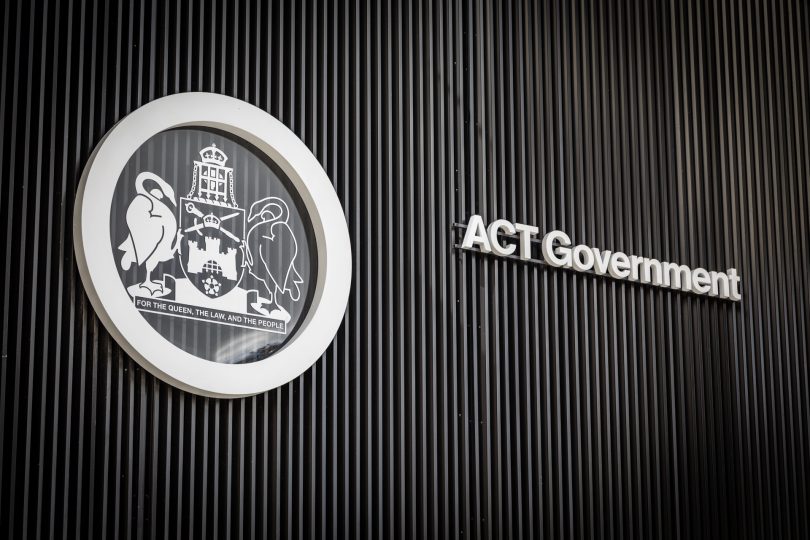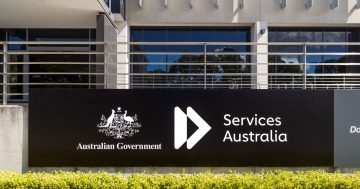
The ACT Auditor-General has raised issues with the ACT’s procurement processes. Photo: Michelle Kroll.
A number of high-value ACT Government contracts which were exempt from normal procurement guidelines were inconsistent with probity and ethical considerations and value for money assessments, the ACT Auditor-General found.
About one in seven contracts issued by the ACT Government in 2019-20 – worth about $119 million – were exempt from usual processes, which means agencies did not need to seek three quotes or conduct an open tender.
This increased to one in five tenders over the past three years, or 770 procurements valued at about $395 million.
Almost 60 per cent of the 33 procurements considered by Auditor-General Michael Harris did not have an evaluation plan and of those that did, just under half did not produce an evaluation report.
“Where a Tender Evaluation Plan and Tender Evaluation Report has been used in a procurement there is evidence of a comprehensive assessment of value for money,” the Auditor-General’s report said.
“In the absence of these documents, entities could not systematically and comprehensively demonstrate that they effectively considered value for money in the procurement.”
There was also no evidence about government entities explicitly considering ‘whole of life’ costs associated with the procurement.
As competitive tendering is not a feature of exempt procurements, it is imperative government entities demonstrate that receive value for money has been assessed, the report noted.
“Whole of life costs should be considered as part of the value for money assessment because it encourages a comprehensive evaluation of the total cost of a procurement,” it said.
“[This includes] the future possibilities of selling or disposing of a product, or the availability of more sustainable products and services that may have lower running and disposal costs.”
Exemptions were mainly granted because government entities said there was a limited number of suppliers able to provide the goods and services required, the report noted.
But Mr Harris found only one third had signed confidentiality declarations and conflicts of interest while there was no evidence that whole of life costs were factored into value for money assessments.
While no conflict of interests were documented, the absence of signed declarations for all of the procurements that were considered ” does not give confidence that conflicts of interest are being systematically captured and addressed in procurement”, the report said.
The report made four recommendations, including training to educate people about using documents for procurement processes, improving staff understanding about the importance of integrity during the procurement process, and better consideration about the whole of life costs during value for money assessments.




















